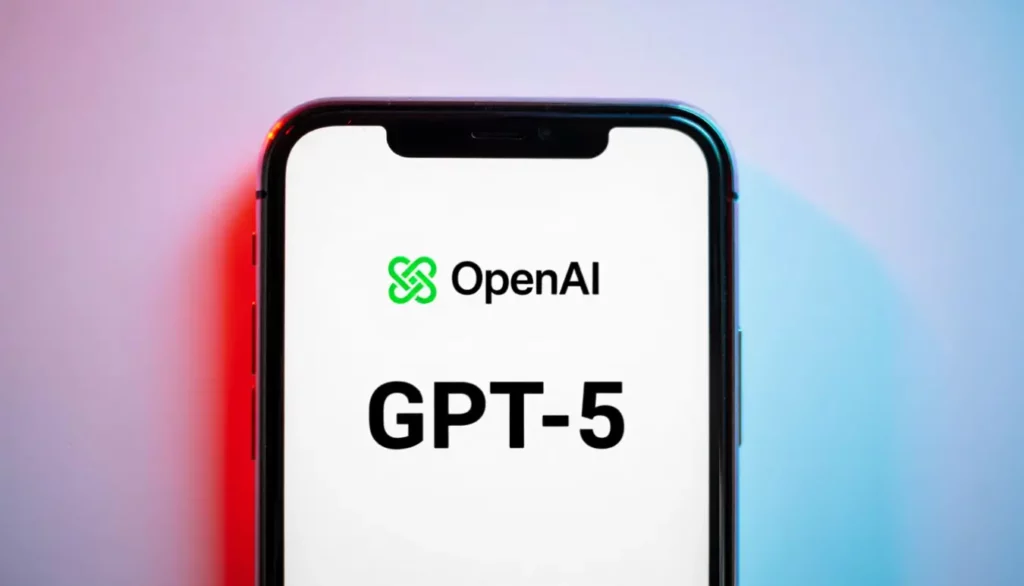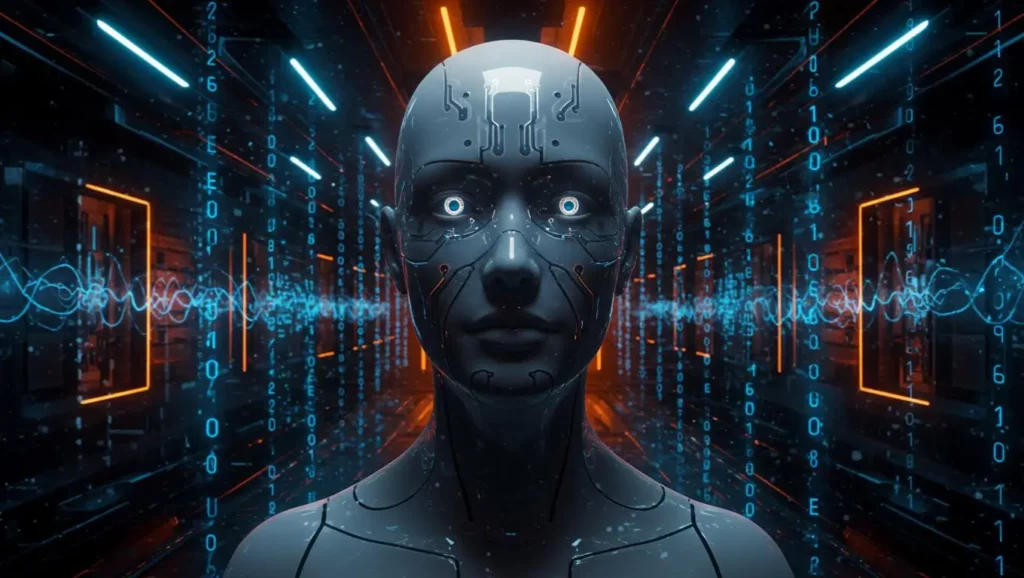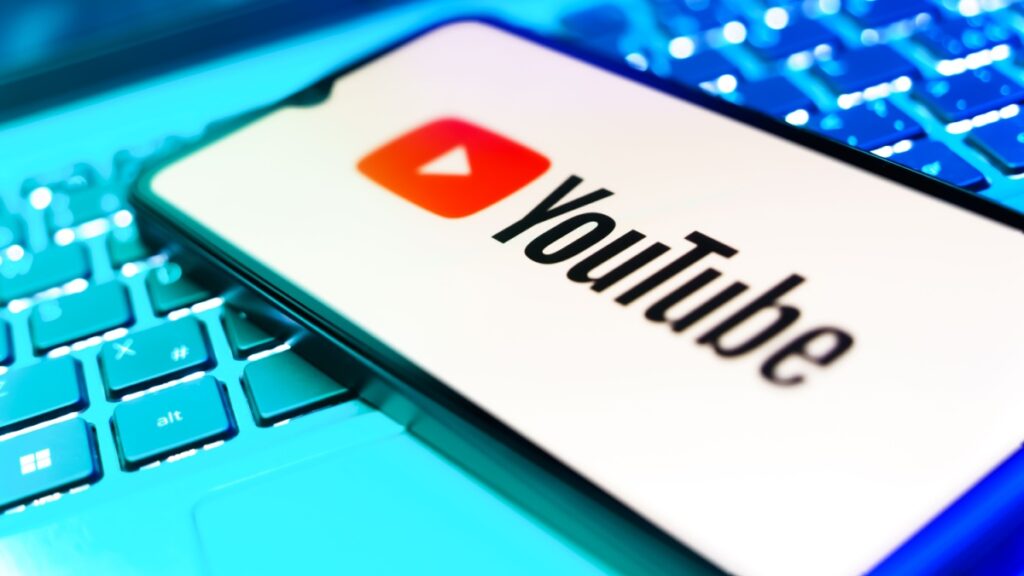On September 3, 2025, thousands of users encountered a blank screen instead of their usual assistant, throwing their routines into confusion. The ChatGPT outage, confirmed by massive reports on DownDetector, blocked responses, erased history, and raised questions about the reliability of AI.
However, a solution exists to navigate this incident without panicking. Here’s how to retrieve your conversation history and understand what unfolded under pressure. A daily reliance was abruptly interrupted for millions of people.
The Outage Primarily Affected The Web Version Of ChatGPT, Leaving Users In Uncertainty
If your ChatGPT screen was blank on September 3, 2025, you were not alone. The OpenAI AI was unavailable for a large number of users. As a result, there was no way to obtain responses or recover the history of interactions.
Reports soared on DownDetector as early as 6:30 AM IST. Blank responses and erased history: the web version bore the brunt of the issues. Meanwhile, the mobile app remained accessible. OpenAI confirmed an internal bug, quickly ruling out an issue related to DNS or Cloudflare.
For many students and professionals, the outage was a real shock. Fortunately, some access remained possible via the mobile app or the APIs. Plus subscribers could sometimes use Google’s DNS to bypass the blockage. This situation highlighted a digital dependence that had become central to daily life.
The Mobile App, DNS Changes, Or Alternatives Help Bypass The Outage
But don’t panic; there are simple solutions. The ChatGPT mobile app continues to work even when the website is down. Why? Because the app and the browser utilize different channels to communicate with the servers. It’s similar to ordering from a restaurant app when the phone line is busy.
Additionally, changing DNS can unlock access. Imagine the local directory is down: you could go through another directory. It just takes a few network settings to achieve this. Even if you’re not a techie, this maneuver remains accessible.
And if nothing works? There are solid alternatives: Microsoft Copilot or Google Gemini may not be identical, but they can assist. In other words, this outage becomes an opportunity to test other tools. Ultimately, it could be a hidden blessing.
Recurring Bugs Raise Questions About The Reliability Of ChatGPT
OpenAI acknowledged a major outage on September 3, 2025, but this is not an isolated incident. Since 2023, there have been frequent bugs, such as the exposure of sensitive data in March 2025. As a result, the question of reliability becomes central.
Indeed, the availability rate exceeds 99%, but each bug serves as a reminder that no system is infallible. This reality is clear: the more we rely on AI, the more exposed we are to its flaws.
A user explains: “I use the mobile app or the APIs as a backup.” Indeed, relying on a single platform can be risky. The best strategy is to diversify access.
Thus, this outage acts as a wake-up call. It urges us to reflect on our relationship with technological tools and to plan for solid alternatives.
This Outage Reminds Us Of Our Digital Vulnerability And The Need For Backup Solutions
This ChatGPT outage, though frustrating, has a revealing effect. It shows how much our daily life depends on AI. Even the most advanced tools can fail.
Fortunately, there are some solutions to mitigate the impact: using the mobile app, changing DNS, or exploring competing platforms. However, this crisis mostly underscores one point: it’s time to prepare a backup plan.
We live in a hyper-connected world. But, without redundancy or alternatives, we remain vulnerable. This outage serves as a valuable reminder: even the most popular AI can have its weaknesses. It’s up to us not to put all our eggs in one basket.




